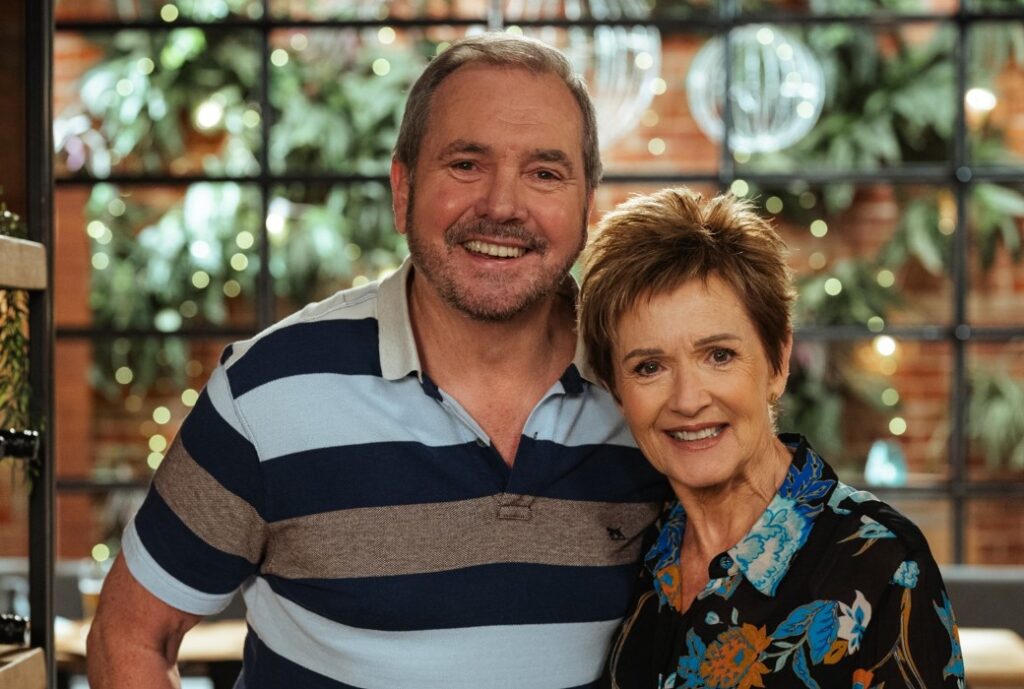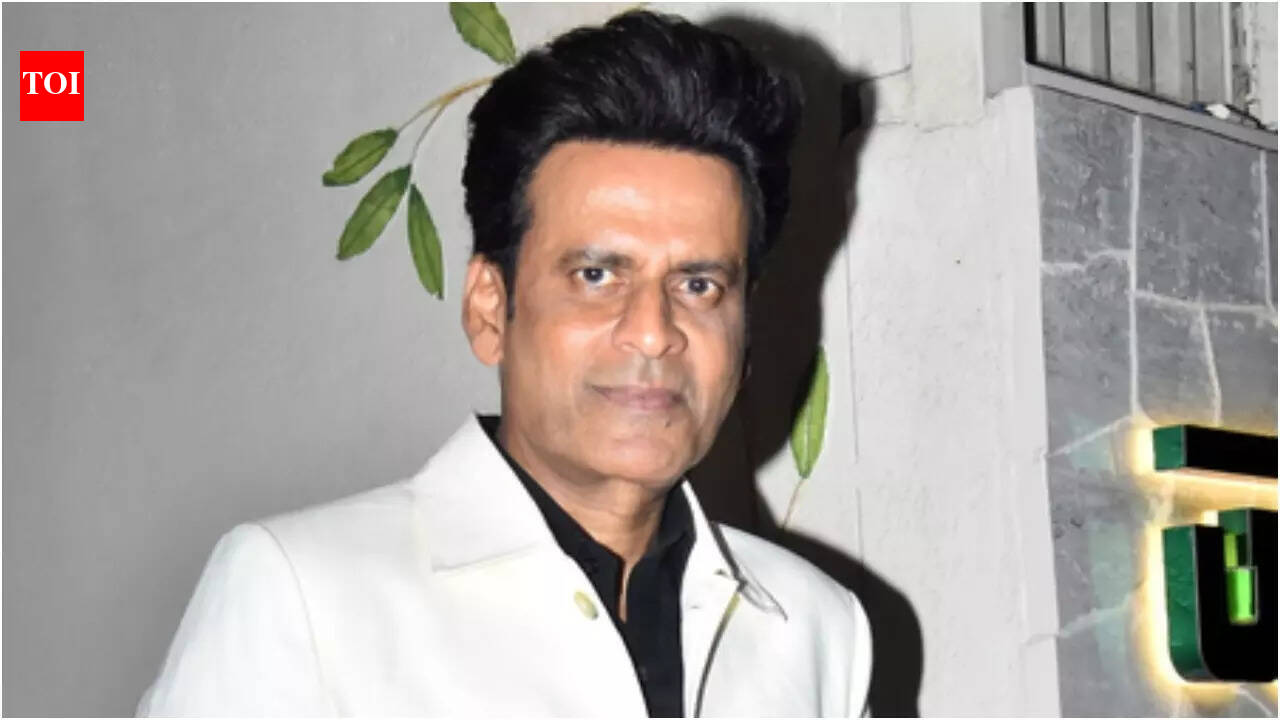
Screen Producers Australia (SPA) has issued a stark warning following the release of the Australian Communications and Media Authority’s latest Commercial TV Program Expenditure Report. The report reveals a persistent decline in funding for culturally significant genres, particularly scripted drama for both children and adults. SPA argues that commercial broadcasters are failing to deliver on their cultural responsibilities, with spending on adult drama remaining stagnant at $49 million—down significantly from $96 million six years ago—and now accounting for less than 3% of total commercial TV expenditure.
According to the report, Light Entertainment has emerged as the highest invested genre, followed by Sport, News, and Current Affairs. Notably, commercial networks allocated a mere $1.8 million to children’s drama in 2023–24, a marginal increase from zero last year, yet representing a dramatic 98% decline compared to 2018–19.
“These figures continue a pattern we’ve warned about for years,” said SPA CEO Matthew Deaner. “The slight increase in children’s drama investment this year is statistically meaningless. Both adult and kids’ drama remain at unsustainably low levels. We cannot expect Australian stories to thrive without real structural change.”
Broader Erosion of Cultural Content
SPA emphasizes that the decline in drama funding is part of a larger trend of diminishing investment in culturally significant content. “Drama is just one of several genres where commercial funding has been allowed to wither, with no other part of the system stepping in to fill the void,” Deaner noted.
In response, SPA is advocating for urgent policy reforms, including:
- Legislated, revenue-linked local content investment obligations on streaming video on demand (SVOD) platforms, leveraging their global reach to reinvest in Australian creativity.
- Increased funding for ABC and SBS, specifically targeting independently produced children’s and scripted content.
- Parity in the Producer Offset for television and feature films to level the playing field for local stories.
- Additional investment for Screen Australia to support documentaries, regional stories, and emerging creators.
“It’s time to regulate all streaming services and reinvest in our national broadcasters,” Deaner urged. “That’s the only way to restore balance in a market that’s now skewed almost entirely toward live sport and low-cost formats.”
Historical Context and Industry Responses
The 2023–24 report builds on concerns SPA raised last year when children’s drama spending hit zero for the first time. Despite repeated warnings, the structural imbalance persists, with significant implications for Australia’s independent production sector, which relies on fair access to commissioning opportunities to support jobs and skills nationwide.
“This is not just concerning—it’s predictive,” Deaner stated. “This is what happens when regulation is dismantled and nothing replaces it.” SPA also calls for greater cross-platform transparency in content reporting to fully understand the contributions of various platforms to Australian storytelling.
Meanwhile, Free TV Australia has welcomed the report, highlighting significant investments in Australian content by commercial television broadcasters. According to Free TV, $1.625 billion was invested in Australian content, with 88% of total programming expenditure dedicated to local content. The organization also emphasized ongoing support for trusted news services, with $408 million spent, and continued investment in regional news and current affairs.
Bridget Fair, CEO of Free TV Australia, remarked, “Despite challenging economic conditions and increasing competition from global digital platforms, Free TV broadcasters continue to step up and deliver for Australian audiences. Our commitment to local content remains as strong as ever—from trusted news to live sport and entertainment.”
Future Implications and Calls for Action
The contrasting perspectives highlight a fundamental debate over the future of Australian television and the role of policy in shaping content investment. SPA’s call for policy intervention reflects a broader concern about the sustainability of Australia’s cultural industries in the face of global competition and changing consumption patterns.
As Netflix joins OzTAM, becoming the first global streamer to do so, Deaner insists on the necessity for action. “We’ve had enough evidence. What we need now is action,” he said. “With the right reforms, it’s still possible to turn the tide. But left alone, the system will not self-correct.”
The ongoing dialogue between industry stakeholders and government policymakers will be crucial in determining the future landscape of Australian television, with potential reforms shaping the balance between global and local content in the years to come.





